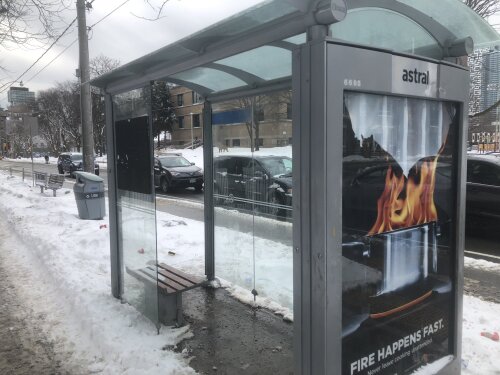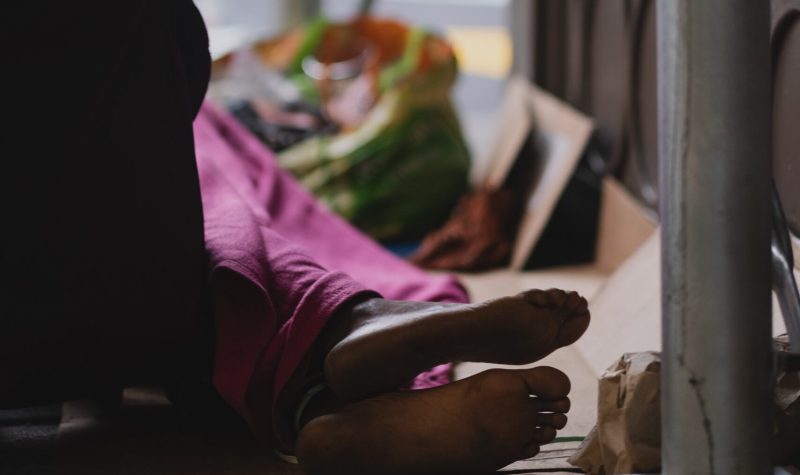As Toronto continues to deal with colder temperatures, the city announced increased emergency shelter spaces, according to a recent press release.
On Feb.4, the city announced 80 new spaces, up from 49 one week ago. The new spaces include existing shelters, respite sites and 24-hour warming centres.
Temporary warming centres currently stand at 165, an increase from 150 a month ago.
More than 7000 people are provided shelter, where they were given places to rest and prepared meals.
"The city continues its work to ensure that the city's shelter system remains stable, responsive and equipped to deliver critical services to protect people experiencing homelessness," said Toronto Mayor John Tory. "I want to sincerely thank all city staff and homelessness sector partners for their continued commitment, dedication and efforts as we all continue to work to protect the health and safety of our most vulnerable fellow citizens."
The ongoing expansions of shelter spaces is part of the city’ winter service plan that was introduced in October.
Toronto’s Street to Homes outreach teams are also handing out blankets, sleeping bags and winter clothing to those in need, the press release reads.
Streets to Homes were asked to comment on the status of its winter initiatives for February. No response was given at this time.
Further, the City writes that it continues to work with Inner City Health Associates (ICHA) to hold vaccination clinics onsite at these shelters. As of Jan. 30, 76 per cent of those aged 12 and older staying in the shelter system have received their first dose, 66 per cent received their second dose, and 21 per cent have received their third booster dose. Thirty-one per cent of those aged five to 11 have received their first dose.
Surgical masks, HEPA air filters and portable sanitizers continue to be distributed by the city in these shelters as well.

The Shuter and Sherbourne St. bus shelter was where one homeless man was found dead after being in extreme cold weather overnight. Photo courtesy of Doug Johnson Hatlem's Twitter account.
Despite the increase in shelters, housing and justice advocates say the city is not doing nearly enough for the homeless.
In the past three days, at least three deaths attributed to extreme cold exposure were reported in Toronto.
Street pastor Doug Johnson Hatlem tweeted about the death of one homeless man who froze to death in a bus shelter on Shuter and Sherbourne St. This would be the third recorded death after one individual died at St. Michael’s Hospital.
Hatlem, who is part of Santuary Toronto, an advocacy group for the city’s homeless, was reached for comment about the city’s preparedness for helping its homeless during extreme cold weather. No response was given at this time.
In October, CJRU reported on the Shelter and Housing Justice network’s monthly memorial remembering the homeless who died on the city’s streets. During that memorial, the organization released a report outlining its demands on how to alleviate the severe strains on the shelter system brought on by COVID-19.
The report said the system is at on the brink of collapse and the city is not publishing the full extent of what is required for the homeless.
Recently, the organization writes in a letter:
“As the City of Toronto continues to turn people out into the cold during a deadly pandemic, it is also withholding information about the severity of the crisis. Advocates have requested specific data about how many people are denied access to shelter, and the City of Toronto has refused to provide it.”
The organization reiterated the October report’s demands in its February letter:
- 2,250 non-congregate shelter beds,
- an end to encampment evictions,
- intervention by international aid organizations, and community members to donate survival supplies.
The Shelter and Housing Justice Network were also asked to comment on status of the shelter system. CJRU is awaiting a response.
More details to come
Listen to the CJRU news update here:


